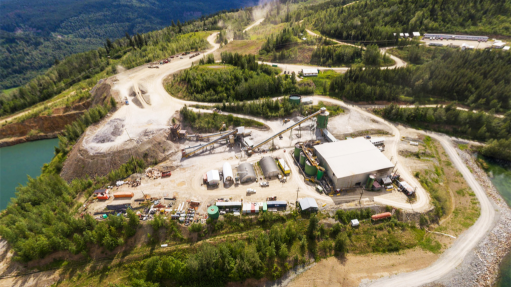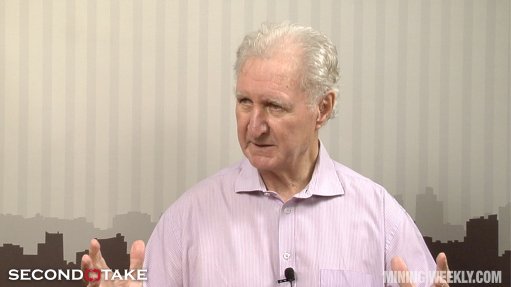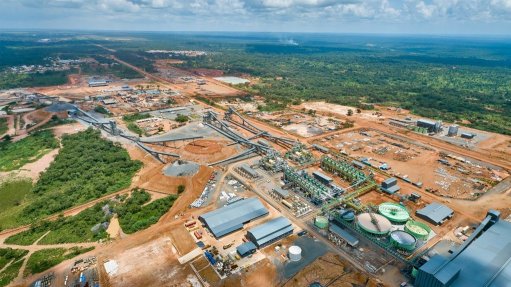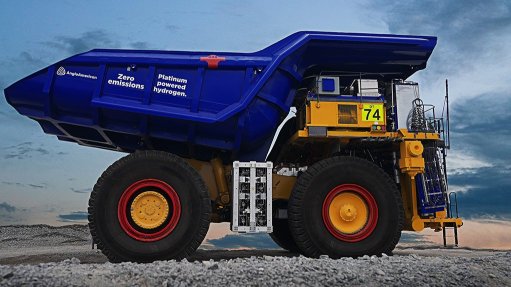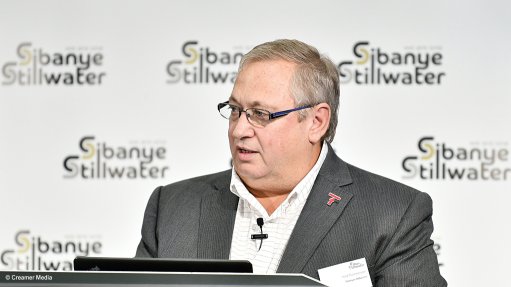Transnet Property mulls investment-property vehicle as it moves ahead with sale of residential stock


Transnet Property CEO Advocate Kapei Phahlamohlaka
Transnet Property CEO Advocate Kapei Phahlamohlaka
The property division of Transnet has been given board approval to sell its residential and non-core commercial properties over the coming two years, while moving to package the balance of the group’s investment properties into a single entity so as to commercialise the portfolio in a way that contributes to Transnet’s financial sustainability.
The properties incorporated into the investment-property entity will not include those buildings and land parcels that remain core to the State-owned company’s rail, ports, pipelines and engineering businesses.
It will also exclude properties deemed core to the operations of Transnet, even if leased to third parties such as shipping lines.
However, Transnet Property CEO Advocate Kapei Phahlamohlaka is convinced the remaining portfolio of investment properties could still be substantial, particularly when packaged into a single corporatised entity.
He tells Engineering News & Mining Weekly that these properties are currently valued at about R10-billion and are spread across the country, “from Musina to Cape Town”, and include both land and warehouses, such as the ‘goods sheds’ that have typically developed in close proximity to railways hubs.
What is eventually included in the portfolio will also be influenced by the review of Transnet’s operating model, which is currently under way.
The immediate priority, therefore, relates to the disposal of the residential and non-core commercial properties – a sale process that is being undertaken in line with conditions set by the National Treasury when it extended a R47-billion guarantee to stabilise Transnet’s finances in late 2023.
Besides implementing reforms to facilitate private-sector participation in the rail and ports businesses, the National Treasury has indicated that it wants Transnet to sell non-core assets, including property assets, to help fund its financial turnaround.
Transnet has indicated that it will finalise the full list of non-core assets for disposal during the current financial year.
Phahlamohlaka reports that the board has already approved a plan to sell Transnet’s more than 5 000 residential properties, as well as its 17 hostels located across Johannesburg, Ekurhuleni, Tshwane, eThekwini, Nelson Mandela Bay, Cape Town and Mangaung.
He cautions, however, that the disposal process will be complex as it involves residences that are currently occupied by people who are mostly not employed by Transnet.
Increasing the level of complexity is the fact that more than 4 700 of these housing blocks have not been subdivided, making any sale to residents, which is Transnet’s preference, impossible until subdivisions have been implemented.
In some cases, subdivisions may not be feasible and units may have to be sold off as single blocks, with Transnet Property having received permission to auction properties under certain circumstances.
The sale of the hostels presents a range of other challenges and Transnet has, thus, entered into a memorandum of understanding with the Department of Human Settlements in a bid to find socially acceptable solutions.
The department’s Housing Development Agency could play a role in facilitating the disposal of the hostels and Transnet Properties is also starting to engage with the metropolitan councils in whose jurisdiction these hostels fall.
The sale of the residential portfolio is not expected to generate much cash for Transnet, but it could result in considerable savings, with Transnet paying R110-million yearly on rates, taxes and municipal services for its hostels alone.
Meanwhile, Phahlamohlaka confirms that Transnet Property is also moving to redevelop and/or sell non-core commercial properties, including the mothballed Carlton Hotel, which could be converted into residential units.
It also has a number of other office buildings in various cities that could be repurposed for residential purposes, including for student accommodation where these are in close proximity to tertiary institutions. ![]()
Comments
Press Office
Announcements
What's On
Subscribe to improve your user experience...
Option 1 (equivalent of R125 a month):
Receive a weekly copy of Creamer Media's Engineering News & Mining Weekly magazine
(print copy for those in South Africa and e-magazine for those outside of South Africa)
Receive daily email newsletters
Access to full search results
Access archive of magazine back copies
Access to Projects in Progress
Access to ONE Research Report of your choice in PDF format
Option 2 (equivalent of R375 a month):
All benefits from Option 1
PLUS
Access to Creamer Media's Research Channel Africa for ALL Research Reports, in PDF format, on various industrial and mining sectors
including Electricity; Water; Energy Transition; Hydrogen; Roads, Rail and Ports; Coal; Gold; Platinum; Battery Metals; etc.
Already a subscriber?
Forgotten your password?
Receive weekly copy of Creamer Media's Engineering News & Mining Weekly magazine (print copy for those in South Africa and e-magazine for those outside of South Africa)
➕
Recieve daily email newsletters
➕
Access to full search results
➕
Access archive of magazine back copies
➕
Access to Projects in Progress
➕
Access to ONE Research Report of your choice in PDF format
RESEARCH CHANNEL AFRICA
R4500 (equivalent of R375 a month)
SUBSCRIBEAll benefits from Option 1
➕
Access to Creamer Media's Research Channel Africa for ALL Research Reports on various industrial and mining sectors, in PDF format, including on:
Electricity
➕
Water
➕
Energy Transition
➕
Hydrogen
➕
Roads, Rail and Ports
➕
Coal
➕
Gold
➕
Platinum
➕
Battery Metals
➕
etc.
Receive all benefits from Option 1 or Option 2 delivered to numerous people at your company
➕
Multiple User names and Passwords for simultaneous log-ins
➕
Intranet integration access to all in your organisation








